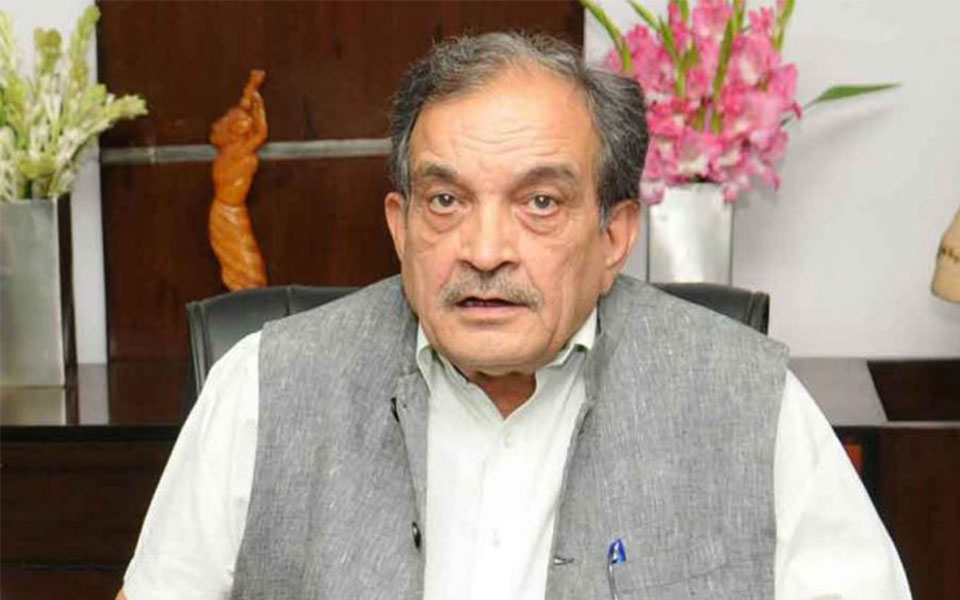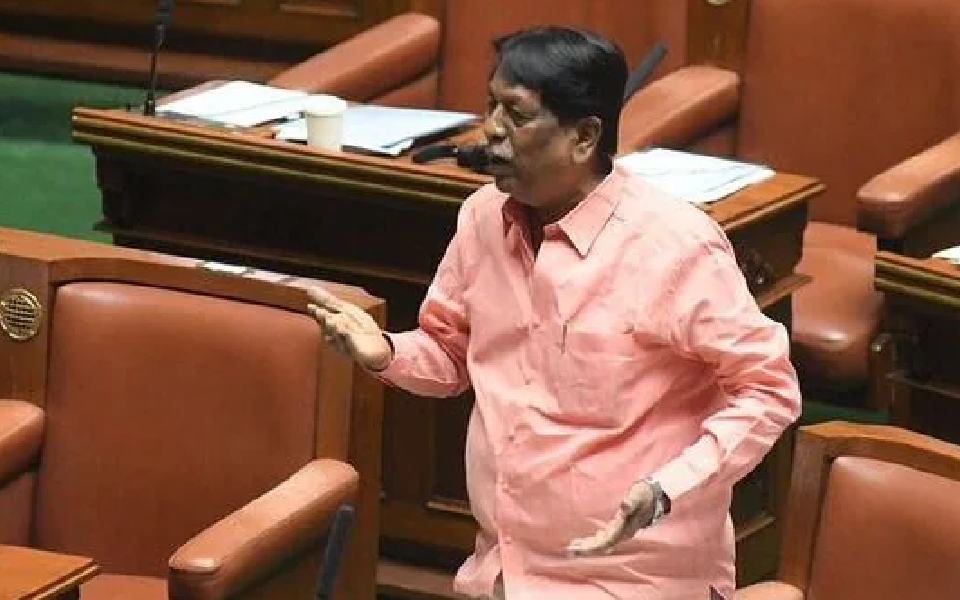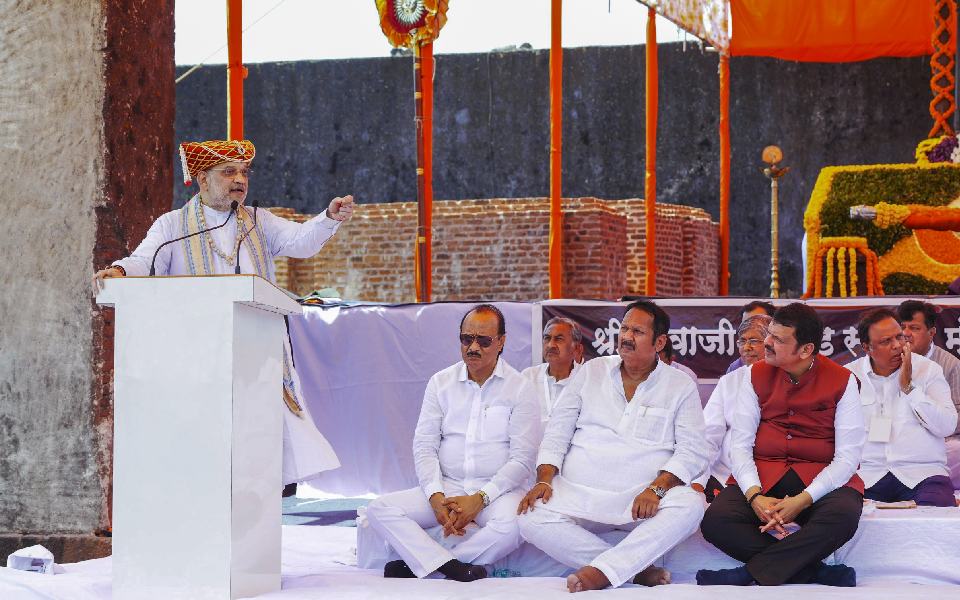Bengaluru, June 29: Demand for steel is expected to grow for meeting the needs of the state-run flagship schemes like Make in India, housing projects and the defence sector, said Union Steel Minister Chaudhary Birender Singh on Friday.
"Demand for value-added and sophisticated grade of steel is expected to grow to meet the needs of state initiatives like Make in India, Pradhan Mantri Awas Yojana, Pradhan Mantri Gramin Vikas Yojana and the defence sector," he told reporters after the National Steel Consumers' Council meeting here.
With per capita consumption of steel in India at around 68 kg, it stands at less than a third of the global average consumption of around 208 kg, the Minister noted.
"The issues of demand, supply, product innovations and logistics require serious deliberations. The Consumers' Council needs to draw the expected roadmap of logistics for seeking priority attention of policy makers," he added.
Steel contributes about 2 per cent to the country's Gross Domestic Product (GDP).
"The state has identified infrastructure as a priority sector, which is bound to bolster the GDP growth rate. Considering the advantages of steel-based structures like lower lifecycle and high design flexibility, steel is a major material in infrastructure development," added Singh.
The Union government's programmes including Smart Cities Mission, Housing for All, Atal Mission for Rejuvenation and Urban Transformation and modernisation of defence sector are expected to use domestic steel, the Minister said.
"These initiatives will provide the additional push to increase the domestic steel demand in short-to-medium term," he added.
There is, however, a need for the industry and steel consumers to work together to promote the usage of steel in hilly areas, railways and development of special grades for energy and medical purposes etc, Singh said.
During the Consumers' Council meeting, a mobile app of the state-run MSTC Ltd, an e-commerce undertaking of the Ministry of Steel, was launched in order to bring buyers and sellers closer.
Minister of State for Steel Vishnu Deo Sai was also present on the occasion.
Let the Truth be known. If you read VB and like VB, please be a VB Supporter and Help us deliver the Truth to one and all.
Bengaluru, Apr 12 (PTI): JD(S) MLA M T Krishnappa on Saturday accused Karnataka Chief Minister Siddaramaiah of "luring" opposition legislators to join the Congress party.
"If I ask for a polytechnic college for my constituency, Siddaramaiah tells me to join the Congress party. Is it right for a Chief Minister to behave like this?" he alleged.
The Turuvekere MLA made the allegation while participating in a massive protest held by JD(S) against the Congress government here over recent price hikes and alleged corruption.
"It’s been two years since we became MLAs, but not even Rs 50 crore has been granted for the development of our constituencies. They don’t even allocate funds to fill potholes. All they do is loot, nothing else. This is a poverty-stricken government. Those who can't even fix potholes hand out Rs 2,000," he alleged.
Krishnappa further claimed that even if it takes another 20 years, he will still stay with JD(S).
"When we ask for a polytechnic college, they say 'join the Congress.' Why Congress? It’s a sinking party. Even if it takes another twenty years, I will stay with JD(S)," he alleged.





